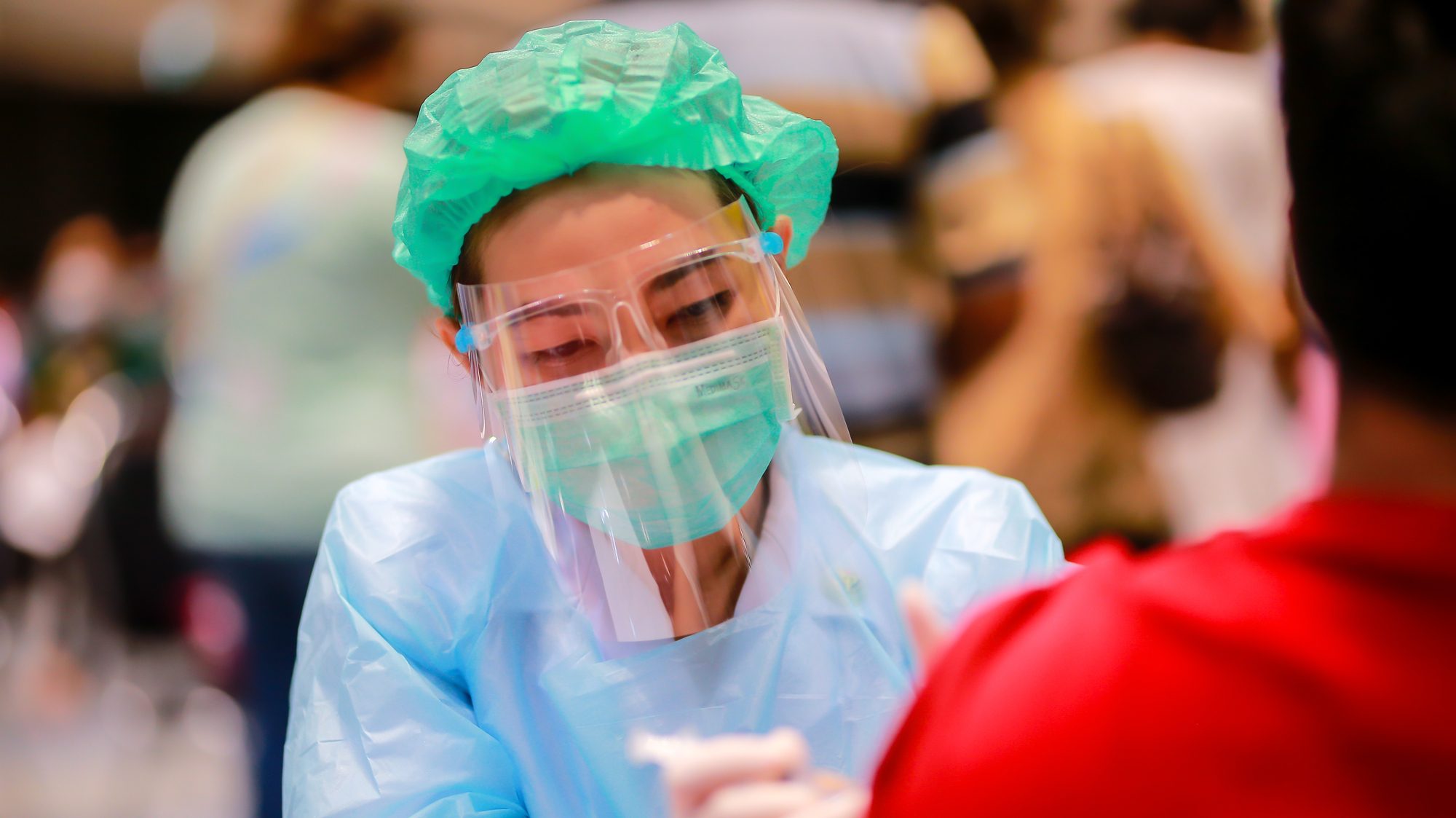SINGAPORE: Amidst the towering skyscrapers and the hustle of daily life lies a story of compassion and resilience.
It’s a narrative that unfolds in the quiet corners of a dormitory room, where a migrant worker, struck by a debilitating stroke, found himself alone, confined to his bed, and reliant on a bucket for his most basic needs.
Enter Eileen Ng, a beacon of hope in her role as a nurse with the Ministry of Manpower’s (MOM) Assurance, Care and Engagement (ACE) group.
Her mission is to support migrant workers, but what she encountered in that dormitory room was a stark reminder of the challenges they face. The sight of the worker’s living conditions was a shock to her, prompting immediate action.
Under her guidance, the worker was assigned a buddy to provide round-the-clock care, and the bucket was promptly removed.
ACE nursing team
Formed in July 2021, during the height of the COVID-19 pandemic, ACE’s nursing team is a testament to the commitment to care for migrant workers.
Comprising three dedicated nurses, including Ms Ng, the team provides essential follow-up care for workers discharged from the hospital.
They handle an average of 50 cases a month, ranging from work injuries and chronic illnesses to mental health crises, teaching the workers about wound care, medication, and healthy lifestyle practices.
Ms Ng, with 14 years of nursing experience, felt a deep sense of responsibility towards the bedridden worker. “That’s when I thought I had to step up for him,” she recounted.
Her empathy and dedication are shared by her colleagues, Ms Hema Devi Chandran and Ms Wee Chen Ping, who have also brought their expertise from public hospitals and polyclinics to support the migrant worker community.
The team’s efforts extend beyond physical care. They provide emotional support and refer workers to professional counsellors when needed. Ms Ng’s intervention with a young worker who had attempted suicide is a poignant example of their holistic approach.
By encouraging him to communicate with his supervisors about career advancement, she helped him find a path forward, earning him and his family heartfelt gratitude.
Ms Wee’s encounter with a Bangladeshi man, severely injured by chemical burns, highlights the team’s ability to offer comfort and practical advice in the face of immense suffering. Her gentle encouragement and reminders about his treatment were a lifeline to him in his isolation.
Nurses and migrant workers
Dr Lee Heow Yong, chief medical officer of ACE, emphasized the importance of the nursing team in strengthening healthcare resilience among migrant workers.
The team’s impact is evident in the improved compliance with medical treatment and better recovery outcomes among the workers.
The nurses’ dedication is fueled by the smiles and messages of gratitude they receive from the workers. For Ms Ng, these are the moments that keep her going, a reminder of the profound difference she and her team are making in the lives of these workers.
In a world that often overlooks the challenges faced by migrant workers, the ACE nursing team stands as a shining example of care, empathy, and the power of human connection.
Their work is a testament to the fact that even in the most trying circumstances, compassion can light the way to recovery and hope.
Featured image: Depositphotos

